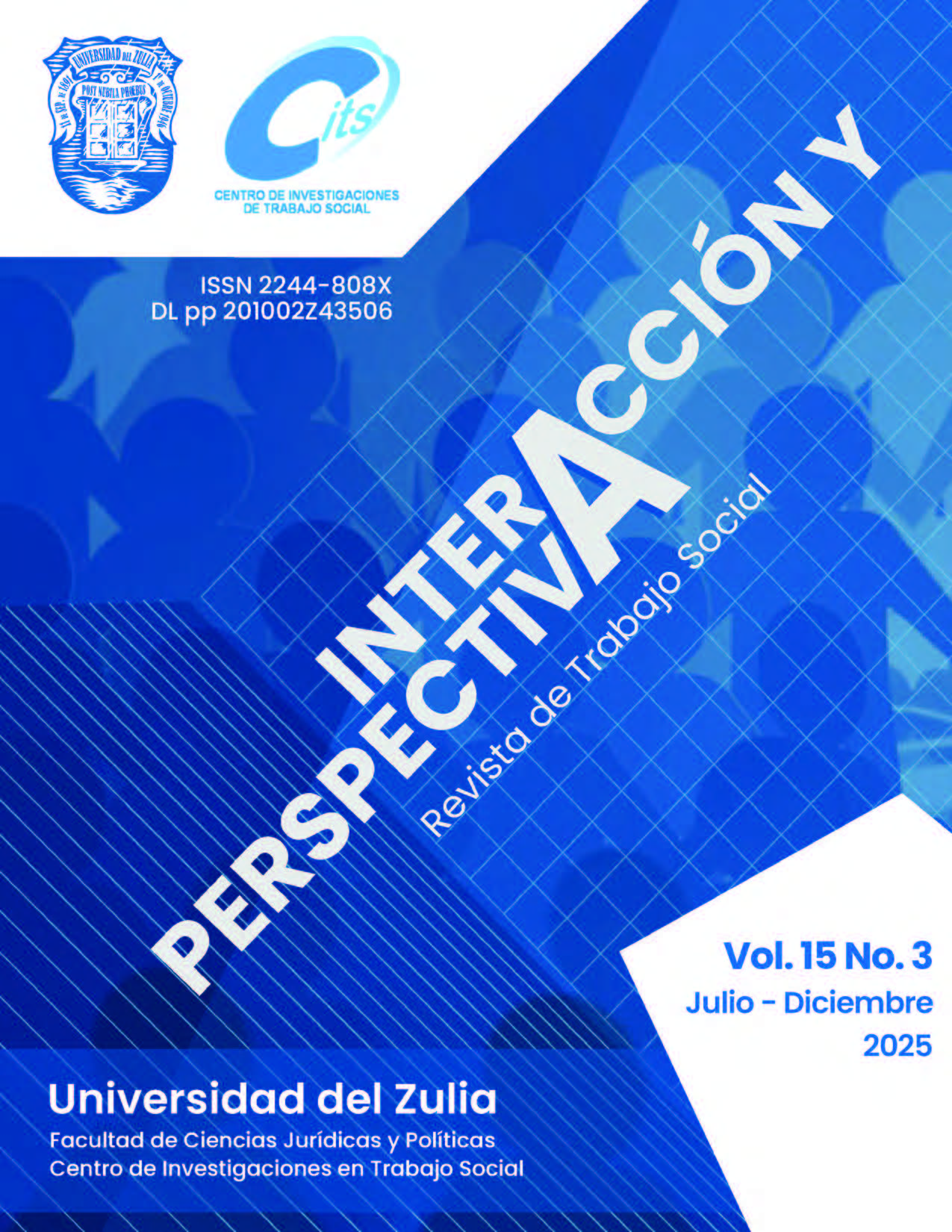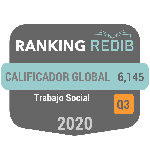Changes in development human capital in conditions of the large-scale military operations and growing global trends towards digitalization
Abstract
The aim of the research is to explore, how human capital in Ukraine has changed due to two factors: war and increasing digitalization. It analyzes how war affects human capital, generating collective experiences of migration, death and psychological damage. It also examines how artificial intelligence (AI) has replaced humans in various productive activities, which can harm human capital for different reasons. Methodologically, critical geopolitics was employed as a theoretical framework, along with hermeneutics and maieutic. Additionally, the technique of open interviews with two defense and security experts was used. The results obtained allow us to conclude that, to take advantage of the potential of the digital era and foster the development of human talent, public policy makers must adopt a proactive and comprehensive approach to human capital management. This includes a) investing in education and technological training to prepare workers for the jobs of the future; b) promoting digital inclusion and media literacy; c) regulating the use of AI to protect individual rights and privacy, and d) fostering innovation and entrepreneurship.
Downloads
References
2, E. (December 19, 2024). Cambios en el desarrollo del capital humano en las condiciones de las operaciones militares a gran escala. (V. Holmolska, Entrevistador)
Arbeláez-Campillo, D., & Villasmil Espinoza, J. (2020). Escenarios prospectivos de un nuevo orden internacional que se vislumbra luego de la pandemia COVID-19. Telos: Revista de Estudios Interdisciplinarios en Ciencias Sociales, 22 (03): 494-508. DOI: www.doi.org/10.36390/ telos223.02.
Arbeláez-Campillo, D., Villasmil Espinoza, J., & Rojas-Bahamón, M. (2021). Inteligencia artificial y condición humana: ¿Entidades contrapuestas o fuerzas complementarias? Revista de Ciencias Sociales, XXVII (2), 502-513.
Arbeláez-Campillo, D., Villasmil, J., & Rojas-Bahamón, M. (2021). Inteligencia artificial y condición humana: ¿Entidades contrapuestas o fuerzas complementarias? Revista de Ciencias Sociales, XXVII (02), 502-513. https://doi.org/10.31876/rcs.v27i2.35937.
Brom, J. (2003). Para comprender la historia. México DF: Grijalbo.
Elvevåg, B., & DeLisi, L. (2022). The mental health consequences on children of the war in Ukraine: A commentary. Psychiatry Research, (317), 1-4. https://doi.org/10.1016/j.psychres.2022.114798.
Gadamer, H.G. (2004). Truth and Method. New York: Continuum.
Goncharuk, V. (27 de September de 2024). Russia’s War in Ukraine: Artificial Intelligence in Defence of Ukraine. Obtenido de RKK ICDS: https://icds.ee/en/russias-war-in-ukraine-artificial- intelligence-in-defence-of-ukraine/
González, R., & López, L. (2016). Pierre Hadot: el cuidado de sí y la mayéutica socrática como ejercicio espiritual. Ciencia Ergo Sum, 23 (01), 26-34. https://www.redalyc.org/ pdf/104/10444319004.pdf.
Khoruzhy, L. I., Khoruzhy, V. I., Kubrushko, P. F., Karataeva, O. G., & Bitkova, L. A. (2023). Comparative analysis of human capital management strategies in the context of digitalization of the national economy. Frontiers in Sociology, 1-5. https://doi.org/10.3389/fsoc.2023.1114301.
Kissinger, H. (2016). Orden Mundial Reflexiones sobre el carácter de los países y el curso de la historia. Bogotá: Debate.
Le Dantec, F. (2007). Contribución de la geopolítica crítica a la comprensión de la actual concepción de seguridad. Revista Política y Estrategia, (108), 71-82.
Martínez, M. (2009). La nueva ciencia Su desafío, lógica y método. México DF: Trillas.
Neboha, T., Zapsha, H., Kuznetsova, M., Golikova, O., & Lyubov, S. (2024). Development of the human capital in the context of corporate personnel training digitalization. E3S Web of Conferences, (508), 01020, 1-17. https://doi.org/10.1051/e3sconf/202455801020.
Pryimak, V., Holovnov, V., Pylypovych, S., V.I, P., V.I, G., & S.O., P. (2023). Impact of russian military aggression on the development of human capital in the regions of Ukraine. Economic space, (186), 101-106. https://doi.org/10.32782/2224-6282/186-18.
Qureshi, S. (2023). Digital transformation for development: a human capital key or system of oppression? Information Technology for Development, 29 (04), 423-434. https://doi.org/10.108 0/02681102.2023.2282269.
Ray, M. (2003). La riqueza de la fenomenología: Preocupaciones filosóficas, teóricas y metodológicas. En J. Morse, Asuntos críticos en los métodos de investigación cualitativa (págs. 139-159). Medellín: Editorial Universidad de Antioquia.
Taylor, C. (1994). La ética de la autenticidad. Barcelona: Paidós.
The Roscongress Foundation. (12 de april de 2024). The Philosophy and Geopolitics of a Multipolar World. Obtenido de St. Petersburg International Economic Forum Foundation: https:// forumspb-com.translate.goog/en/news/news/filosofija-i-geopolitika-mnogopoljarnogo- mira/?_x_tr_sl=en&_x_tr_tl=es&_x_tr_hl=es&_x_tr_pto=tc
Vallejo, L. (2016). Gestión del talento humano. Riobamba: Escuela Superior Politécnica de Chimborazo.

















